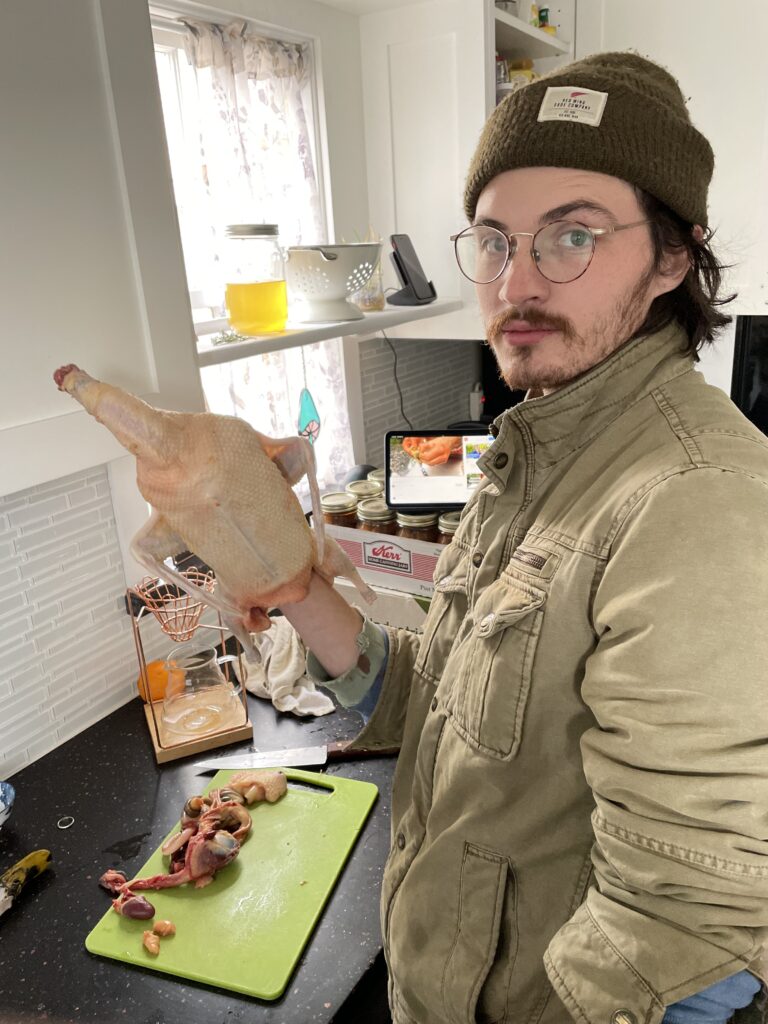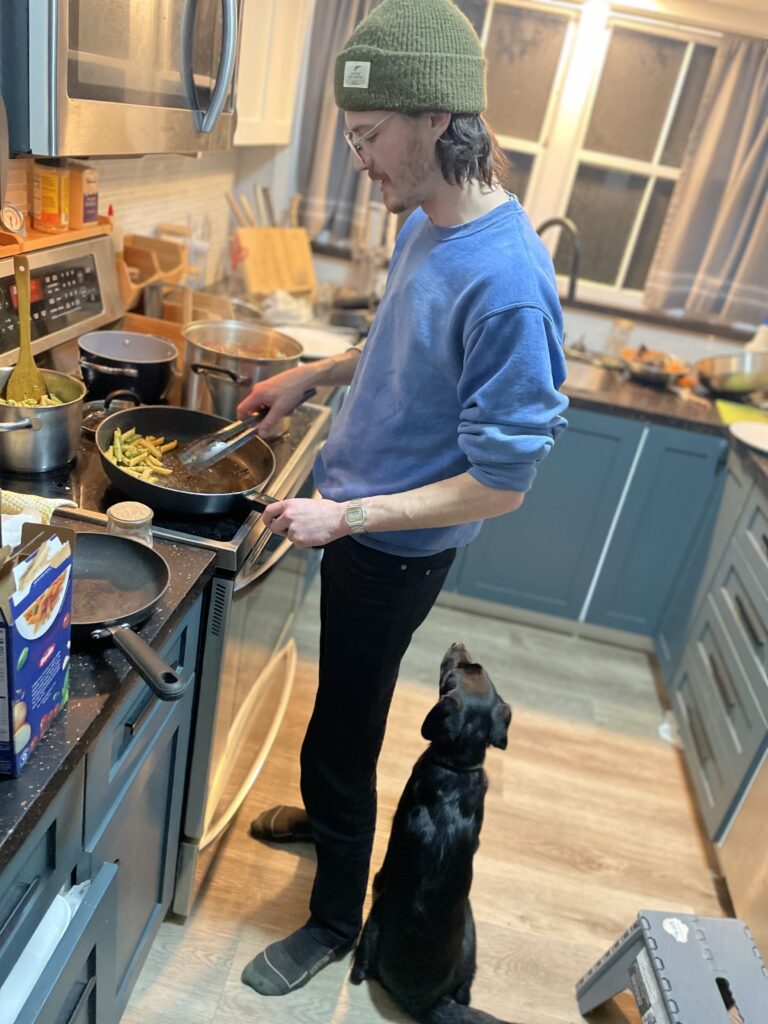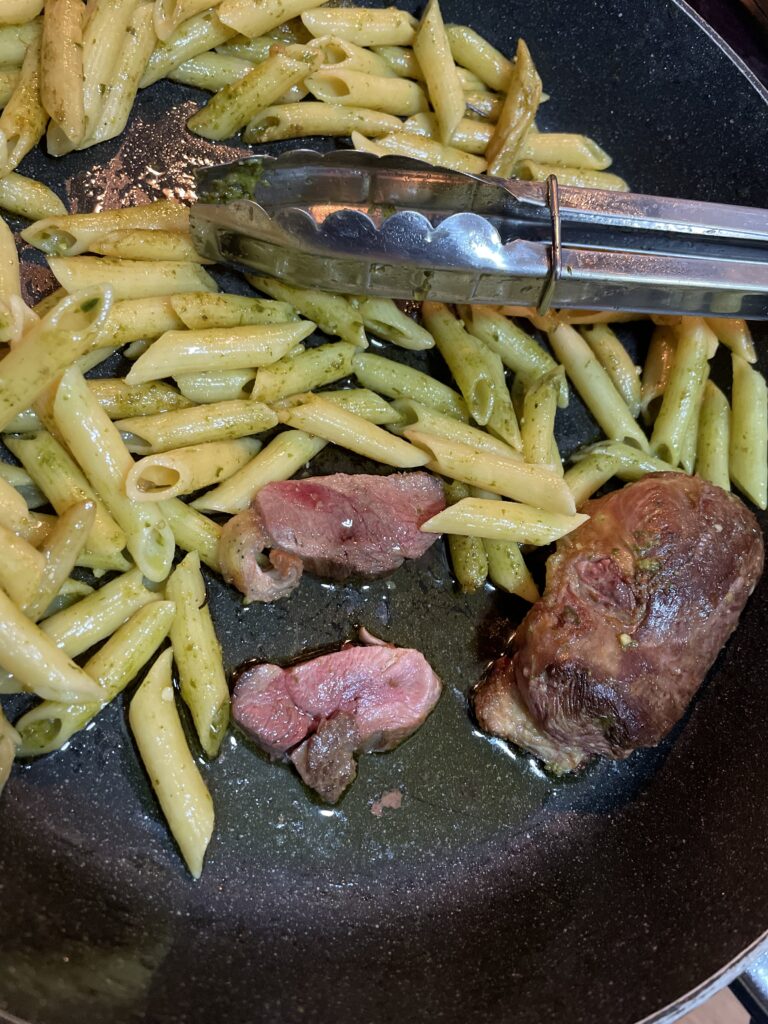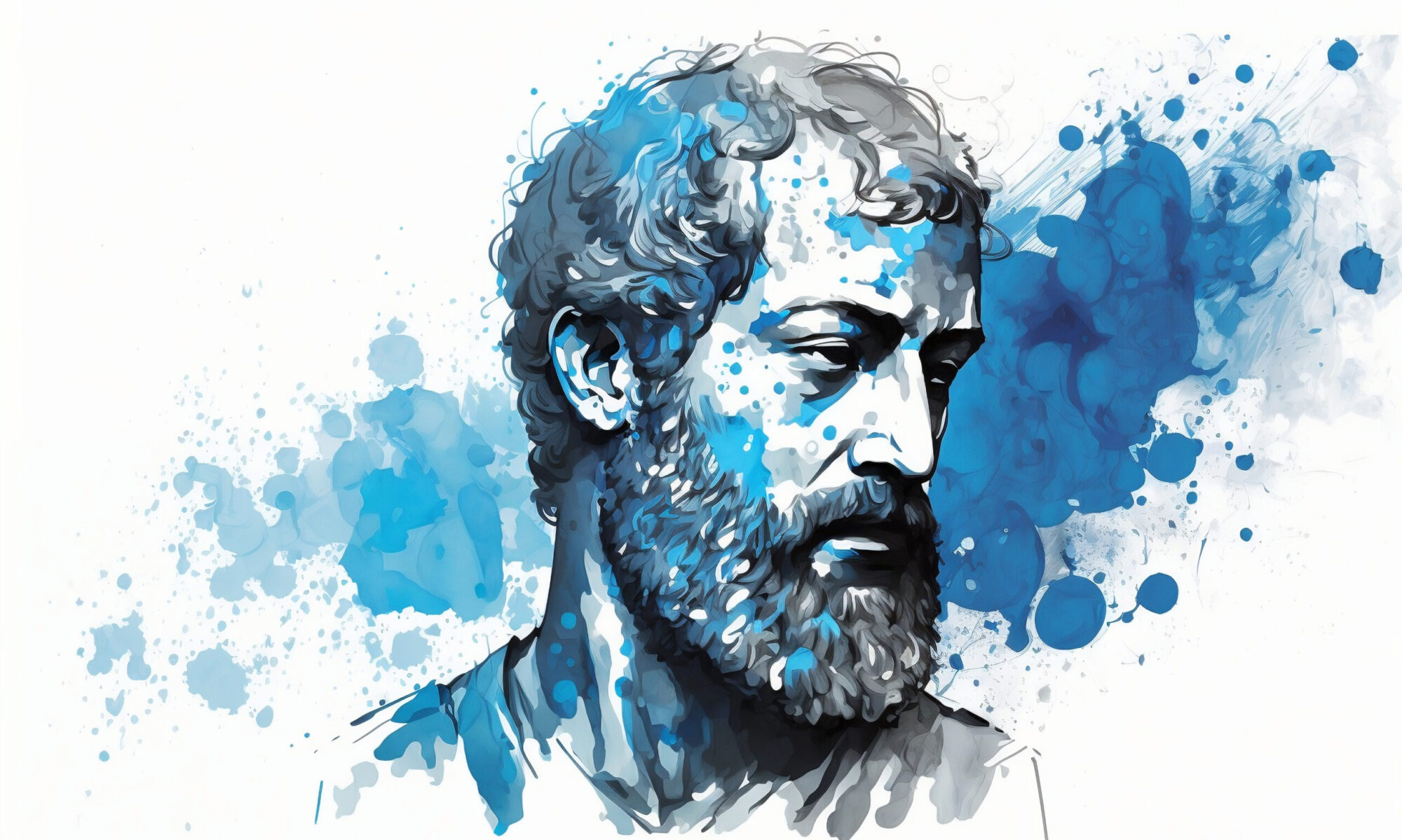The minimum requirement for a permanent civilization or a culture, is a permanent system which can provide the external means necessary for human life. This is the ‘end’ or ‘essential nature realized,’ of permaculture.
So what exactly is the essence or definition of permaculture?
Well, according to wikipedia:
“Permaculture is an approach to land management and settlement design that adopts arrangements observed in flourishing natural ecosystems. It includes a set of design principles derived using whole-systems thinking.”
And the difference between agriculture and permaculture:
“Agriculture is the practice of cultivating food for human consumption. Permaculture is “permanent agriculture” and integrates ecosystem patterns to improve the ethics and sustainability of farming practices.”
redemptionpermaculture.com/permaculture-vs-agriculture-how-do-they-differ/
If the work of God is the cosmos, and the result of his organizational activity, then the question if you’re God becomes that of how to best orchestrate and place the ‘springs’ of natural motions, the intelligences, into the best possible arrangement within the medium of intelligent expression, whereby its essential nature may become as fully realized as possible. Like in Nature, this whole-system approach utilizes seemingly contrary natural motions [natures] in ways conducive to the whole ecosystem. This, we observe in the natural world and its many distinct ecosystems.
So what is an ecosystem exactly? I think that the essential definition of ecosystem is: an arrangement of distinct and differing natural motions emanating from intelligences, tailored in such a way that each distinct intelligence’s essential nature is utilized through its own realization towards the good and sustainability of the whole system.
This is also the goal of the Perma-culturlist. To guide, arrange, or otherwise enact into reality the practical actions necessary to promote the harmony of a whole-system approach which encompasses the fullest utilization of each unique nature in its role towards its own natural end as well as towards the end of the whole. So what is the end of the whole? The end good is that it provides the necessary means for human life, and is sustainable, or self sufficient. This is the ‘good.’
The particular good, is that which is conducive to the essential nature of a particular thing. The universal good is that which is conducive to all intelligent natures. Happiness is the term for the highest human good. The end towards which all we do are means towards; but is not itself a means towards anything beyond itself.
‘We call the self sufficient, that which, taken even by itself, makes life desirable and wanting nothing at all; and this is what we mean by happiness.” – Aristotle, Nicomachean Ethics
The evils of monoculture. In monoculture, every nature is the same and this renders the system as a whole unsustainable. In a nut-shell this encapsulates the Devil’s plan. With no difference in the kind of natures present, being all the same, you cannot create anything above or transcend the natural motion present in the system.
Imagine this thought example:
Imagine you have a set of magic marbles. Within this set, there are 6 distinct colors and each different color has differing properties. What makes these marbles magic is that each one is an infinite power source; although each color has its own sequence of motion that it takes, and will infinitely take. For example:
Blue Marbles go in a perpetual circle
Red Marbles motion tends upwards indefinitely
Yellow Marbles tends downwards indefinitely
Green Marbles move in a square sequence of four right angles
Purple Marbles move back and forth along a line
Pink Marbles move is a triangle sequence
Now, if your system was made up of only one of these kinds of marbles, the system would not be capable of anything more than the natural motion of that color marble. But, if you were to combine several of these marble’s motions, you could make, say a clock, or any number of more complex system or, form [motion] which transcends the motion of any of each of the marbles, but is the product of the full realization of several distinct natures.
You cannot create a clock without an opposing motion.
On Earth we may study Nature and the miraculous harmony of complex ecosystems that we may grow in our personal as well as societal understanding of the true principles pertaining to life.









